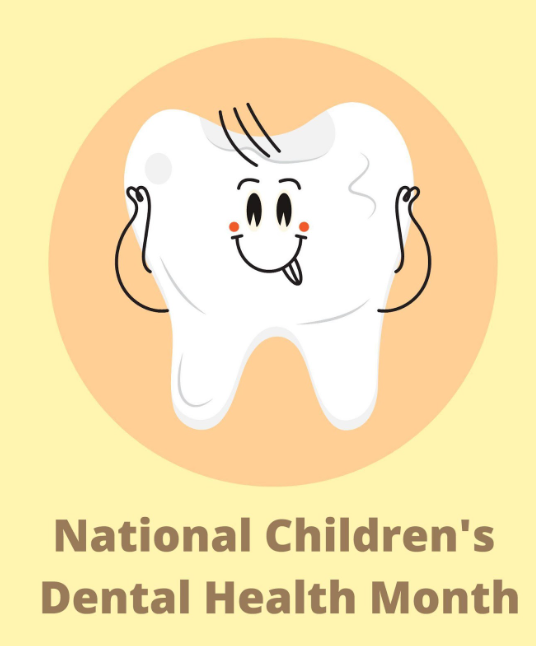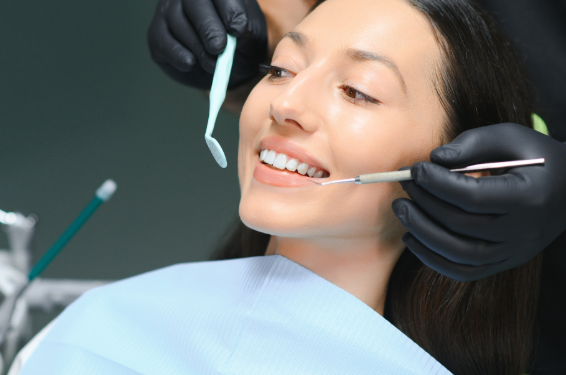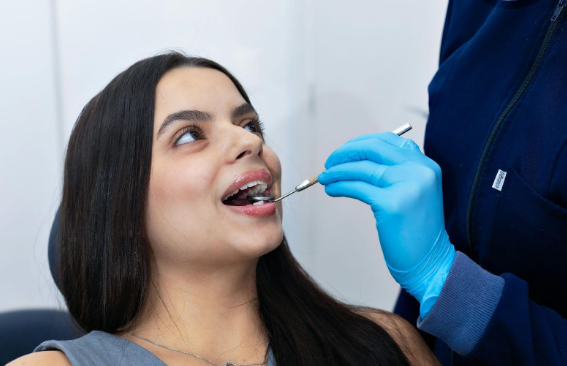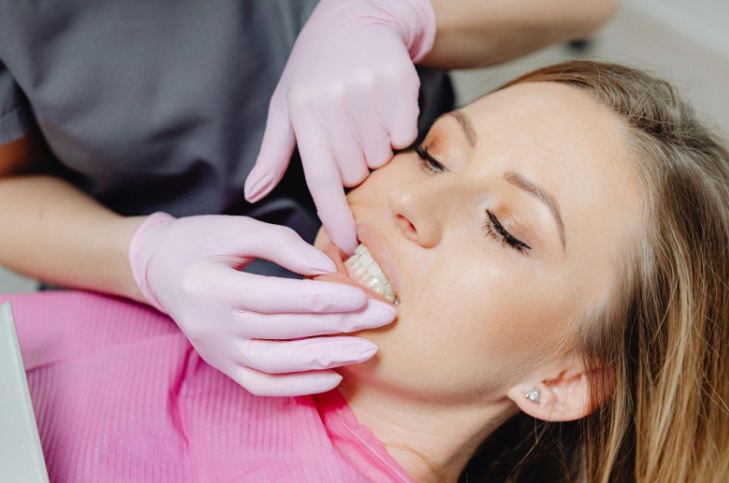7 Common Dental Myths You Should Stop Believing
7 Common Dental Myths You Should Stop Believing

Your dental health is an integral part of your overall well-being, yet misinformation about oral care can lead to unnecessary fears or poor habits. Many dental myths persist despite advances in oral health education.
It’s time to separate fact from fiction and understand the truth behind some of the most common misconceptions about dental care.
Myth 1: Brushing Harder Cleans Better
A common belief is that applying more pressure while brushing your teeth results in a cleaner mouth. However, brushing too hard can harm your gums and wear down the enamel, the protective outer layer of your teeth. This causes increased sensitivity and a higher risk of cavities.
Effective brushing isn’t about force but technique. Use a soft-bristled toothbrush and gentle, circular motions to clean your teeth thoroughly. Dentists recommend brushing for two minutes twice a day to maintain optimal oral hygiene.
Myth 2: Sugar Directly Causes Cavities
While sugar is frequently blamed for cavities, the reality is more nuanced. Cavities occur due to a combination of factors, primarily the interaction between bacteria in your mouth and carbohydrates, which include not only sugars but also starches found in bread, rice, and other foods. When you consume these foods, the bacteria break them down, producing acids that attack your tooth enamel. Over time, repeated acid exposure weakens the enamel, creating cavities.
Completely avoiding sugar is not the only solution for cavity prevention. Maintaining a consistent oral hygiene routine is critical. Brushing your teeth at least twice a day with fluoride toothpaste removes food particles and bacteria, while flossing cleans areas your toothbrush cannot reach. Rinsing your mouth with water after eating sugary or starchy foods can also help wash away lingering particles before they fuel bacteria growth.
Using fluoride toothpaste and drinking fluoridated water provides additional protection. Fluoride strengthens enamel, making it more resistant to acid attacks and aiding in the early stages of cavity repair.
Myth 3: You Only Need to See a Dentist When You Have a Problem
Many people believe dental visits are only necessary when they experience pain or other issues. This misconception can lead to delayed treatment and more severe problems in the long run. Routine check-ups can prevent dental issues and identify potential problems early.
Dentists recommend visiting their office every six months for a professional cleaning and examination. Regular appointments help detect issues like gum disease, cavities, or oral cancer in their early stages, making them easier and less costly to treat.
Myth 4: Whitening Toothpaste Can Whiten Teeth Permanently
Whitening toothpaste is often marketed as a solution for brighter teeth, but its effects are limited. These products can remove surface stains caused by food and drinks like coffee or wine, but they do not change the natural color of your teeth.
For more noticeable and lasting whitening results, professional treatments offered by dentists are the better option. These treatments use safe and effective methods to lighten your teeth’s natural shade. Also, maintaining a healthy oral care routine helps prevent new stains from forming.
Myth 5: Baby Teeth Don’t Matter Because They’ll Fall Out
Another widespread myth is that baby teeth are not important since they are temporary. In reality, baby teeth are vital for your child’s oral development. They help with chewing and speech development while also creating space for permanent teeth to grow properly.
Healthy baby teeth act as placeholders, guiding permanent teeth into their correct positions and providing proper alignment. If baby teeth are lost prematurely due to decay or trauma, adjacent teeth may shift into empty spaces, leading to crowding or misalignment when adult teeth emerge.
Neglecting baby teeth can also lead to infections, which may spread to other areas of the mouth or even affect overall health. Pain or discomfort from decayed baby teeth can make it difficult for children to eat or concentrate, impacting their nutrition and development.
Teaching children good
oral hygiene habits early—such as proper brushing techniques, regular flossing, and visiting the dentist—sets the foundation for a lifetime of healthy teeth and gums. Parents play an important role in modeling these habits and helping their children understand the importance of oral care from an early age.
Myth 6: Bad Breath Is Caused by Poor Oral Hygiene
While poor oral hygiene can cause bad breath, it’s not the only reason for it. Conditions such as dry mouth, gum disease, and certain medical conditions like sinus infections, tonsil stones, or gastrointestinal issues can also contribute to bad breath. Certain foods, such as garlic and onions, can temporarily cause bad breath due to the compounds they release, which are absorbed into the bloodstream and exhaled through the lungs.
Dry mouth, or xerostomia, occurs when saliva production decreases. Saliva is necessary for washing away food particles and neutralizing acids. When saliva levels are low, bacteria can thrive, leading to unpleasant odors. Additionally, gum disease caused by plaque buildup along the gum line can produce sulfur compounds, contributing to persistent bad breath.
Maintaining good oral hygiene—brushing, flossing, and cleaning your tongue—combats bad breath. Using a tongue scraper can effectively remove bacteria from the surface of your tongue. Drinking plenty of water, avoiding tobacco products, and chewing sugar-free gum can also help.
Myth 7: Chewing Gum Can Replace Brushing
Chewing sugar-free gum can be beneficial for oral health as it stimulates saliva production, which helps neutralize acids and wash away food particles. However, you cannot think of it as a substitute for brushing and flossing.
Brushing removes plaque and bacteria from your teeth and gums, something chewing gum cannot achieve. To maintain good oral hygiene, prioritize brushing and flossing daily, and use sugar-free gum as a supplementary measure when brushing isn’t immediately possible.
Breaking the Myths for Better Oral Health
Misinformation about dental care can lead to habits that harm your oral health. By understanding the truth behind these common myths, you can make informed decisions about your dental care routine.
Knowledge is your best defense against dental myths. Stay informed, and don’t hesitate to ask your dentist if you have questions about oral health. With the right approach, you can enjoy a lifetime of strong and healthy teeth.
At
Patriot Family Dental, we’re dedicated to providing personalized, compassionate care for your entire family. Whether it’s a routine check-up, restorative treatment, or a complete smile makeover, our team is here to make sure that your dental health is in trusted hands.
Contact us today!












